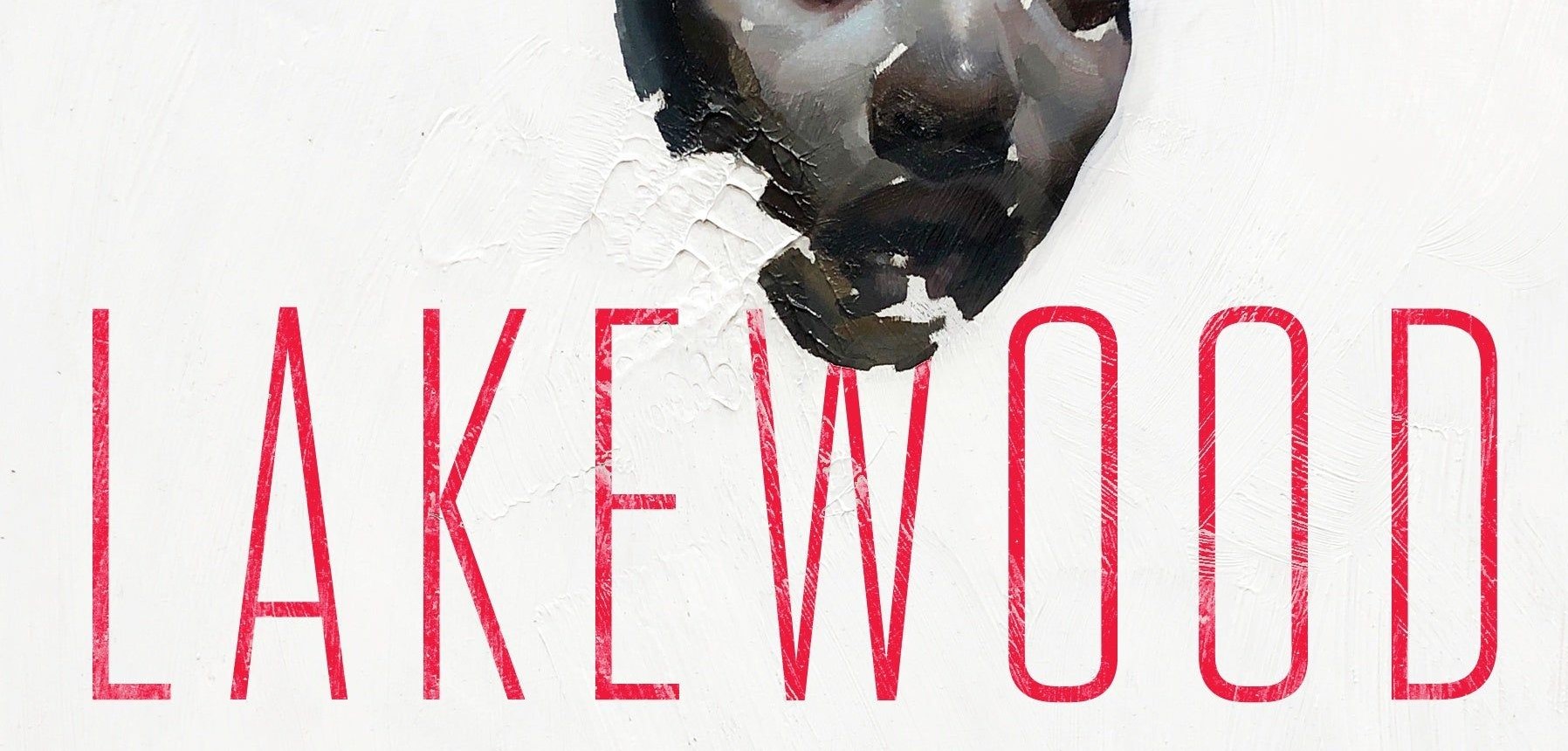The Handmaid’s Tale Meets Get Out in Lakewood, a Horror Read Chillingly Relevant for These Times


It’s hard not to feel like you’ve been stuck in a horror film during the absolute chaos that is 2020.
Between the tragedies of the COVID-19 pandemic, the regularly panic-inducing antics of our commander-in-chief, and the myriad surreal global events that have befallen the collective (Remember murder hornets? What the actual heck was that?), it seems like not a day goes by without something deeply unsettling and extreme hitting the all of us.
It can make it difficult to enjoy normally fun hobbies like reading—and it can make it almost impossible to enjoy genre reads like weird fiction and horror, when it seems like real terror is creeping just around the corner.
But when I picked up Megan Gidding’s Lakewood novel this past month, I found myself instantly struck by the powerful prose, glued to each page until I devoured the entire book in one go.
People want to believe these research studies are about something simple that they can relate to, like winning a contest. They don’t want to think about why a government would want to experiment on its citizens.
“They do it because they can,” I said. Because you don’t see us as people.
Set in a world that feels eerily familiar to our own, Lakewood explores the violence that is inflicted against society’s most marginalized and vulnerable—and the layered horror that emerges through the normalization of such cruelty.
After the death of her grandmother, protagonist Lena Johnson is forced to deal with the full extent of her family’s debts. In order to support her family, she drops out of college and accepts employment in “the mysterious and remote town of Lakewood, Michigan.”
As the story progresses, both Lena and the reader realize that there is more than meets the eye in this idyllic town, and that the costs that Lena pays in order to help her family are greater (and more disturbing) than anyone could’ve ever imagined.
I won’t give anything away, but while reading this novel, I instantly thought of the real-life horrors that have been historically (and currently) inflicted against Black and Brown bodies: the forced sterilization/eugenics practices against Black women in the civil rights era, the exploitation of Henrietta Lacks, the Tuskegee Syphilis Experiment, and—most recently—the forced hysterectomies allegedly inflicted upon migrant women in ICE custody.
Who has the right to determine whether our bodies are our own? And why are some bodies allowed autonomy while others are stripped of their very humanity?
Lakewood carefully examines this through masterful storytelling that handles a grim subject with introspection, mindfulness, and stark intentionality. Rather than delivering trauma porn, this novel poses a question that we’ve seen being asked in numerous Black Horror works of late: What does true monstrosity look like?
And furthermore, would we recognize it if we saw it?
(featured image: Amistad)
Want more stories like this? Become a subscriber and support the site!
—The Mary Sue has a strict comment policy that forbids, but is not limited to, personal insults toward anyone, hate speech, and trolling.—
Have a tip we should know? [email protected]